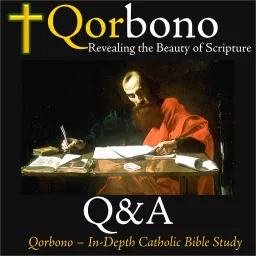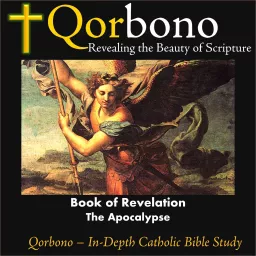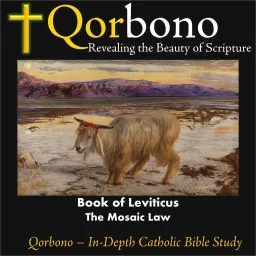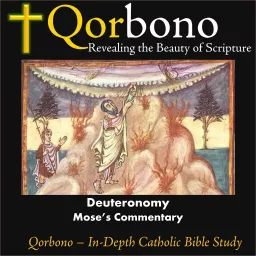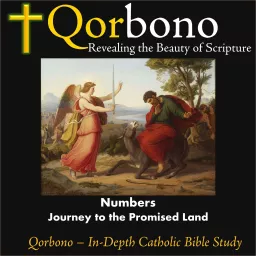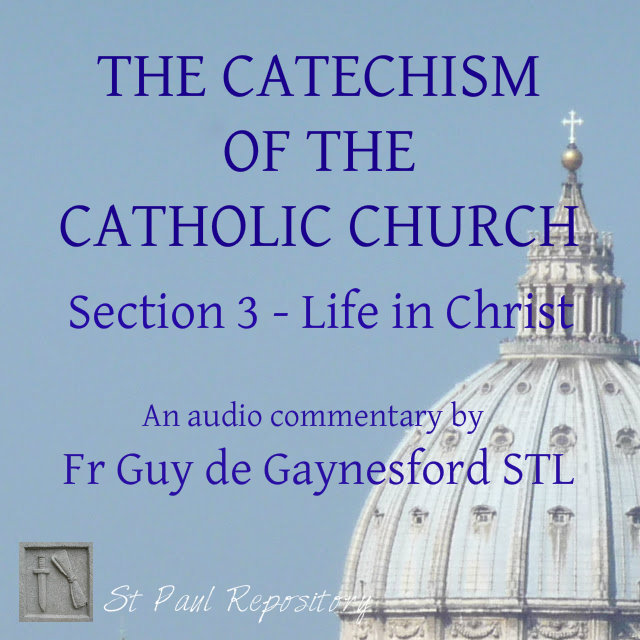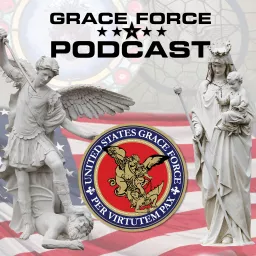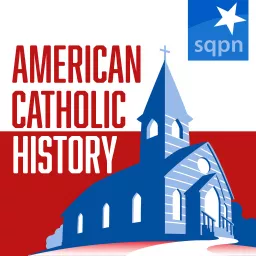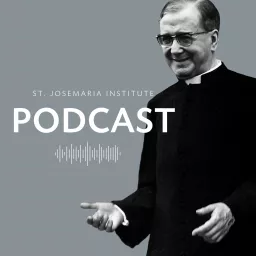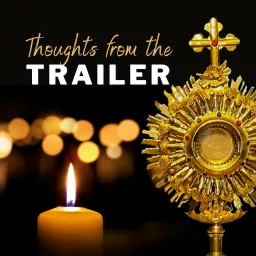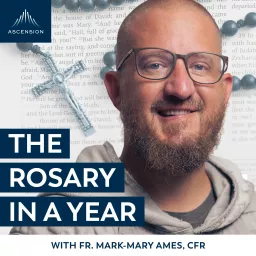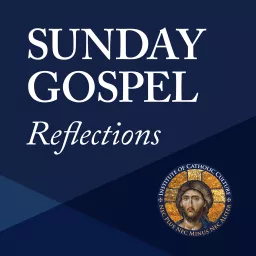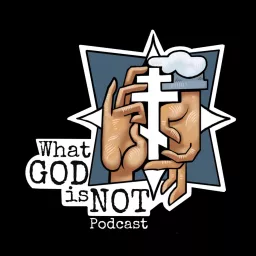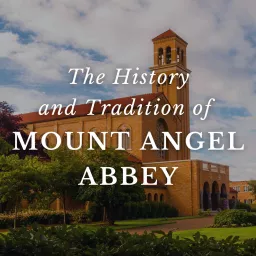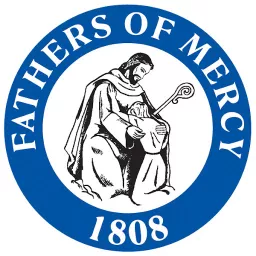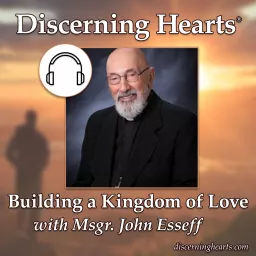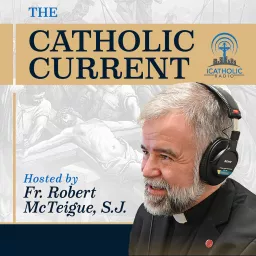Exodus -- God's Wrath and Mercy
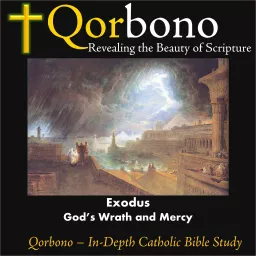
The Book of Exodus is an adventure, a divine mystery, a recapitulation of salvation history, a tragic account of fall and redemption. Above all it is a love story between God and humanity. While this study is not a verse-by-verse on Exodus, it focuses on ten salient points of the book: 01. The Election of Moses as a prophet for his people 02. The revelation of the Holy Name of the Lord 03. The Ten Plagues of Egypt 04. The flight into the wilderness 05. The Israelites reaction after they had left the fertile land of Goshen 06. The Giving of the Ten Commandments 07. The Golden Calf 08. The Tabernacle 09. The signification of the Tabernacle in the Light of Christ 10. Moral reading of the Book of Exodus. What is peculiar about Exodus is that most folks would say that the most important (and perhaps the only) points of the book of Exodus are the flight from Egypt and the Ten Commandments. Yet, a full one-third of the book is concerned with the tabernacle: The Lord himself instructs Moses on the architecture of the Tabernacle based on a heavenly design and then the Israelites build it according to that pattern. It would be an oddity to exclude the last third of a book, be it a novel, a manual, or a historical account. In fact, anyone who excludes the last one-third of the Gospels would be excluding the crucifixion and the resurrection of Our Lord. So why is it that we cannot remember the tabernacle when we read Exodus or why is it that we do not deem it important? This series highlights the fundamental link between the giving of the Law (the ten commandments) and the living of the Law (the tabernacle). We will show that the Law that God gave was meant to be lived and practiced around the tabernacle and that the tabernacle (not the Law) is the symbolic mediation of grace. It is symbolic because its sacrificial system cannot confer grace and it is symbolic because the tabernacle points to the fount of grace: the Catholic Church. Prerequisite The Catholic Foundation Library is a definite prerequisite to a sound understanding of Exodus. It serves as a basis for grasping the way Scripture functions end-to-end. Further, since the events in the Book of Genesis are the reason why Exodus and Numbers were written, it makes sense to go through the study of the Book of Genesis before undertaking a study of Exodus.


